
Chopter 1
Parts of Speech -An Introduction
W ords are divided into different kinds or classes, called parts of speech, according to their use; that - is, according to the work they do in a sentence. The parts of speech are eight in number:
| 1. Noun | 2. Adjective | 3. Pronoun | 4. Verb |
| 5. Adverb | 6. Preposition | 7. Conjunction | 8. Interjection |
A noun is a word used as a name of a person, placeor thing as:
Akbar was a great king. Kolkata is also called the City of Joy .
The rose smells sweet. The sun shines brightly.
His courage won him honour.
Note: All the words in italics are Nouns.
An adjective is a word used to add something to the meaning of a noun; as,
He is a brave boy.
There are twenty boys in this class.
Note: The words in italics are Adjectives.
A pronoun is a word used instead of a noun; as,
John is absent, because he is ill.
The books are where you left them.
Note: The words in italics are Pronouns.
A verb is a word used to say something about some person, place or thing; as,
The girl wrote a letter to her cousin.
Kolkata is a highly populated city.
Iron and copper are useful metals.
Note: The words in italics are Verbs.
Is and are, also called helping verbs.
An adverb is a word used to add something to the meaning of a verb, an adjective or another adverb; as,
Note: The words in italics are called Adverbs.
He worked the sum quickly. (Here, it is adding to the meaning of a verb)
This flower is very beautiful. (Here, it is adding to the meaning of an adjective)
She pronounced the word quite correctly. (Here, it is adding to the meaning of an adverb)
A preposition is a word used with a noun or a pronoun to show how the person or thing denoted by the noun or pronoun stands in relation to something else as,
There is a cow in the garden.
The girl is fond of music.
A fair little girl sat under a tree.
Note:In, of and under are called Prepositions.
A conjunction is a word used to join words or sentences together to form a single sentence; as,
Rama and Hari are cousins.
Two and two make four.
I ran fast but missed the train.
Note: All the words in italics are Conjunctions.
An interjection is a word which expresses some sudden feeling; as,
Hurrah! We have won the game.
Alas! She is dead.
Note: The words, Hurrah and Alas are called Interjections.
As words are divided into different classes according to the work they do in sentences, it is clear that we cannot say to which parts of speech a word belongs to unless we see it used in a sentence. They arrived soon after. (Adverb)
They arrived after us. (Preposition)
They arrived after we had left. (Conjunction)
From the above examples, we see that the same word can be used in different parts of speech.

1.Name the parts of speech of each italicised word in the following sentences, giving in each case your reason for the classification:
1. Still waters run deep.
2. He still lives in that house.
3. After the storm comes the calm.
4. The after effects of the drug are bad.
5. It weighs about a pound.
6. He told us all about the battle.
7. He was only a yard off me.
8. Suddenly, one of the wheels came off.
9. Mohammedans fast in the month of Ramzan.
10.He kept the fast for a week.
11.He is on the committee.
12.Let us move on.
13.Sit down and rest a while.
14.I will watch while you sleep.
15.They while away their evenings with books and games.

Chopter 2
Nouns
A noun tells us what someone or something is called. For example, name of a person (John); a job title (Doctor); a name of a thing (radio);, name of a place (Delhi); name of a quality (courage) or the name of an action (laughter). Nouns are the names we give to people, things, places, etc., in order to identify them. Many nouns are used after a determiner, e.g., a boy, this house and often combine with other words to form a noun phrase, e.g., the man next door; that big building, etc. Nouns and Noun Phrases answer the questions: who or what . Nouns and noun phrases may be used as:
 The subject of a verb:
The subject of a verb:
Our agent in Mumbai sent a message to us.
 The direct object of a transitive verb:
The direct object of a transitive verb:
Our agent sent an urgent message.
 The indirect object of a verb:
The indirect object of a verb:
Our agent sent a message to his manager.
 The object of a preposition:
The object of a preposition:
I have seen it on the paper.
 Used in apposition:
Used in apposition:
Tarun, our agent sent a message.
 Used when we speak directly to somebody:
Used when we speak directly to somebody:
Tarun, will you come tomorrow?
Go through the table given below carefully.
Jayas
His
My
Her
Our
Their
Your | brother
sister
mother
father
uncle
aunt
nephew | is
was
will
Be | a good teacher.
a famous painter.
an active politician
a dull worker.
a rich lawyer.
a popular doctor.
a hard worker.
a smooth runner.
a perfect magician.
a pop singer.
a great artist.
very happy.
very tired.
very serious.
very angry.
seriously ill.
extremely happy. |
Note:You can form a maximum of about 3927 different sentences. However, write as many sentences as you can and underline theNouns.
2.Read the table given below carefully. Make as many sentences as you can and underline the Nouns.
Here
There | is
was
was not
will be
will not be
has been
has not been
wont be
must be | a bridge over the River Cauveri.
a way out.
such a rumour.
a meeting.
a conference.
a great panic.
a source of information.
a call by the President.
|
Next page
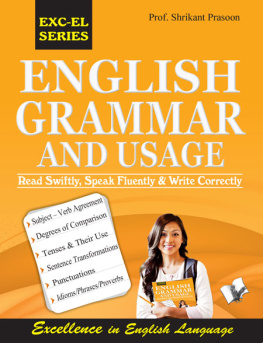
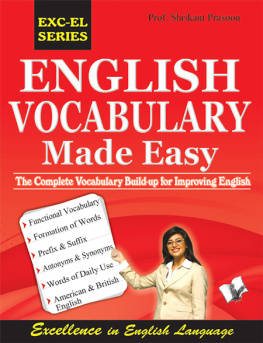

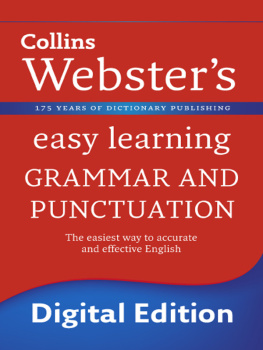
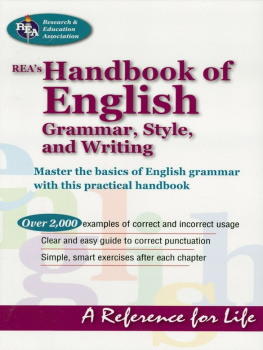
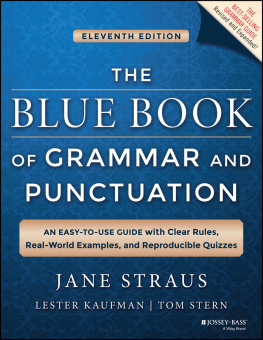




 The subject of a verb:
The subject of a verb: